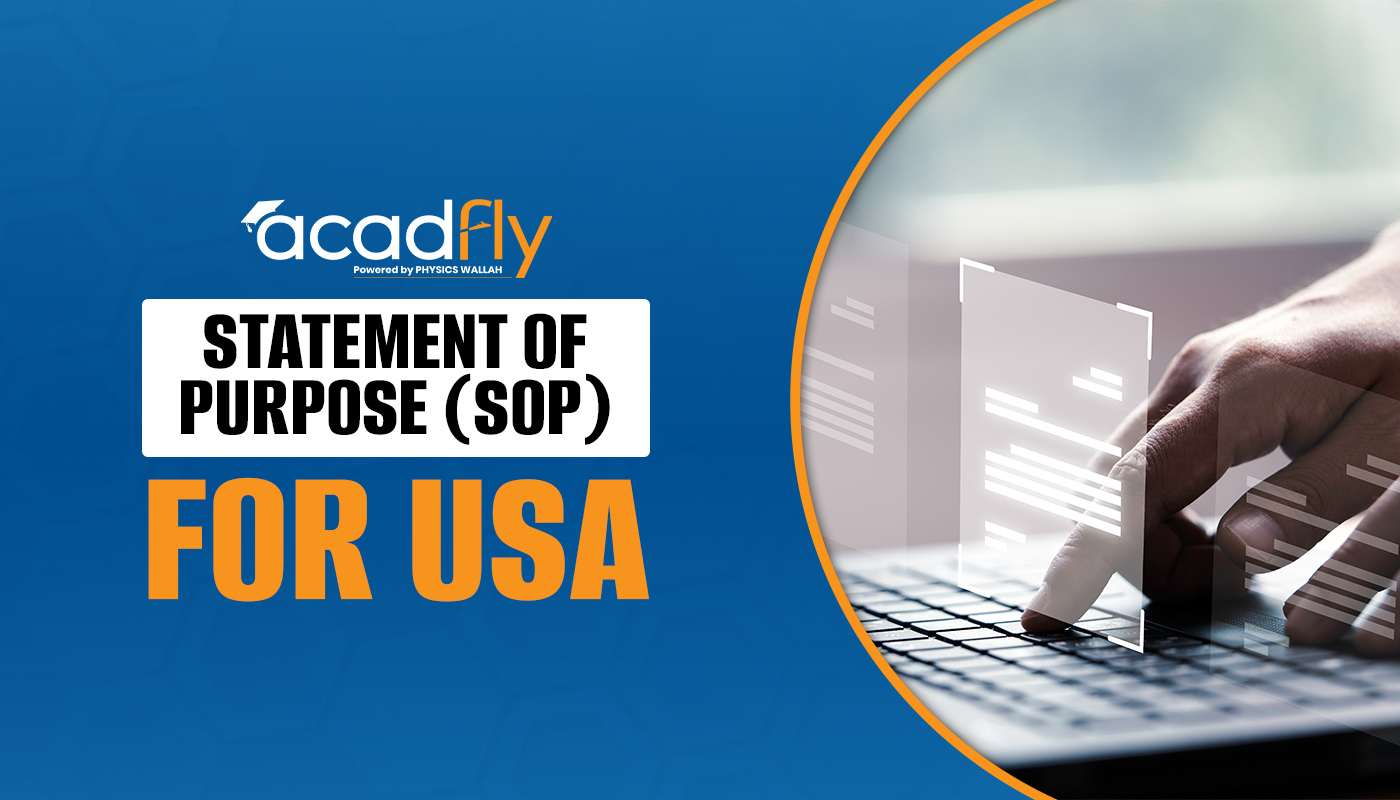

Studying Cyber Security in Australia offers an exciting opportunity for students to engage with a rapidly growing field that is crucial in today’s digital age. With increasing cyber threats and data breaches, the demand for skilled cybersecurity professionals is higher than ever. Australia is home to numerous reputable institutions that provide comprehensive programs tailored to equip students with the necessary knowledge and skills to excel in this dynamic landscape. As a hub for technological innovation, Australia not only provides high-quality education but also a thriving job market for graduates in cybersecurity.
Overview of Popular Australia Cybersecurity Courses
Cybersecurity in Australia has become an essential field of study due to the increasing number of cyber threats. Many universities offer a variety of Australia cybersecurity courses that cater to different interests and career goals. These courses are designed to provide students with both theoretical knowledge and practical skills, making them well-prepared for real-world challenges in the cybersecurity landscape. Students can choose from bachelor's degrees, master's programs, and even short courses depending on their level of education and career aspirations.
Some of the best cybersecurity programs in Australia are offered by renowned institutions like the University of Melbourne, the Australian National University, and the University of New South Wales. These programs often cover essential topics such as network security, ethical hacking, and data protection. Additionally, many courses include hands-on experiences, allowing students to work on actual cybersecurity projects and case studies. This practical exposure is vital for building a strong foundation and understanding the complexities of cybersecurity.
When students decide to study cybersecurity in Australia, they also gain access to a vibrant job market. The demand for skilled professionals is growing, with numerous Australia cybersecurity jobs available across various sectors, including government, finance, healthcare, and technology. Graduates can find roles such as cybersecurity analysts, penetration testers, and security consultants. This demand not only ensures a wide range of job opportunities but also offers competitive salaries for those entering the field.
Furthermore, there are various Australia cybersecurity scholarships available to help international students pursue their studies. Many universities offer financial aid and scholarships specifically for students in cybersecurity programs. These scholarships can significantly reduce the financial burden and make it easier for students to focus on their studies. Overall, the combination of quality education, strong job prospects, and available financial support makes studying cybersecurity in Australia an attractive option for many aspiring professionals.
Key Benefits of Studying Cyber Security in Australia
Studying Cyber Security in Australia offers numerous advantages for students looking to enter this dynamic field. With a strong emphasis on practical skills and theoretical knowledge, Australian universities provide a solid foundation for aspiring cybersecurity professionals. The following points outline the key benefits of pursuing a degree in this area.
1. High Demand for Cybersecurity Professionals
Australia is experiencing a growing demand for cybersecurity experts as organizations increasingly prioritize data protection. With cyber threats becoming more sophisticated, companies seek qualified individuals to safeguard their systems.
This trend creates a wealth of job opportunities for graduates, particularly in sectors like finance, healthcare, and government. As a result, entering the cybersecurity field can lead to a stable and rewarding career.
2. Quality Education and Accreditation
Australian universities are renowned for their high standards of education and globally recognized programs in cybersecurity. Many institutions are accredited and have partnerships with industry leaders, ensuring that the curriculum remains relevant and up-to-date.
Students benefit from learning from experienced faculty who bring real-world knowledge into the classroom. This emphasis on quality education prepares graduates to meet the challenges of the cybersecurity landscape.
3. Hands-On Learning Opportunities
Cybersecurity courses in Australia often emphasize practical learning through hands-on experiences, including labs and simulations. Students engage in real-world projects that mirror the challenges faced by cybersecurity professionals.
This practical approach enables students to apply theoretical knowledge in real-time scenarios, enhancing their problem-solving skills. Gaining such experience is crucial for building confidence and competence in the field.
4. Networking and Industry Connections
Studying in Australia provides students with valuable networking opportunities with industry professionals and peers. Many universities host events, workshops, and seminars featuring cybersecurity experts, allowing students to learn from those currently working in the field.
These connections can lead to internships and job placements, helping students establish a foothold in the industry. Building a professional network is essential for career advancement in cybersecurity.
5. Access to Scholarships and Financial Aid
International students studying cybersecurity in Australia can access various scholarships and financial aid options. Many universities offer specific scholarships for cybersecurity programs to support aspiring professionals from different backgrounds.
This financial assistance can significantly reduce tuition costs and make studying more affordable. With the right support, students can focus on their studies and career development without the burden of financial stress.
Top Choices for Best Cybersecurity Programs in Australia
When considering a career in cybersecurity, selecting the right program is crucial for your success. Australia is home to several prestigious universities offering excellent cybersecurity courses that cater to different interests and career paths. Below is a table showcasing some of the best cybersecurity programs in Australia, highlighting their key features and offerings. This information can help prospective students make informed decisions about their education.
|
University Name |
Program Name |
Duration |
Key Features |
|
University of Melbourne |
Master of Information Security |
2 years |
Focus on security management, policy, and compliance. |
|
Australian National University |
Master of Cybersecurity |
2 years |
Emphasis on practical skills and real-world applications. |
|
University of New South Wales |
Bachelor of Cyber Security |
3 years |
Includes hands-on labs and industry partnerships. |
|
Deakin University |
Master of Cyber Security |
1.5 years |
Offers a comprehensive curriculum with flexible delivery. |
|
RMIT University |
Bachelor of Cyber Security |
3 years |
Combines theory with practical projects and placements. |
|
Queensland University of Technology |
Bachelor of Information Technology (Cybersecurity) |
3 years |
Focus on networking, systems security, and ethical hacking. |
|
Edith Cowan University |
Master of Cyber Security |
2 years |
Offers industry certifications and hands-on experience. |
|
La Trobe University |
Bachelor of Cybersecurity |
3 years |
Emphasizes cybersecurity management and risk assessment. |
|
Murdoch University |
Master of Cybersecurity |
1.5 years |
Offers a global perspective on security challenges. |
|
Charles Sturt University |
Bachelor of Information Technology (Cybersecurity) |
3 years |
Focus on network security, malware analysis, and digital forensics. |
Exciting Australia Cyber Security Jobs for Graduates
As the demand for cybersecurity professionals continues to rise, graduates in this field can look forward to various exciting job opportunities in Australia. Organizations across different sectors are actively seeking skilled individuals to help protect their data and systems from cyber threats. This growing job market offers graduates a chance to work in diverse roles that are both challenging and rewarding. Below are some of the most sought-after positions available to those who have completed their studies in cybersecurity.
1. Cybersecurity Analyst
Cybersecurity analysts are responsible for monitoring networks and systems for security breaches. They analyze data, implement security measures, and respond to incidents to protect sensitive information. This role often involves working closely with IT teams to develop security protocols and guidelines.
2. Penetration Tester
Penetration testers, or ethical hackers, simulate cyberattacks to identify vulnerabilities in an organization’s systems. They assess security measures and provide recommendations for improvement. This hands-on role allows graduates to use their technical skills creatively to enhance security.
3. Security Consultant
Security consultants advise organizations on how to protect their assets and information from cyber threats. They assess current security practices, conduct risk assessments, and recommend solutions to improve security measures. This role often involves working with various clients and industries.
4. Incident Responder
Incident responders are on the front lines of managing and mitigating security incidents. They quickly address security breaches, conduct investigations, and develop strategies to prevent future occurrences. This high-pressure role requires strong problem-solving skills and the ability to work under tight deadlines.
5. Security Architect
Security architects design and implement security systems to safeguard an organization’s information. They develop security policies, standards, and best practices to protect sensitive data. This strategic role involves collaboration with various stakeholders to ensure robust security infrastructure.
Available Australia Cybersecurity Scholarships for Students
Pursuing a degree in cybersecurity can be a significant financial investment, but numerous scholarships are available to help ease this burden for students in Australia. Many universities and organizations offer scholarships specifically for those studying cybersecurity, making education more accessible.
These scholarships can provide financial assistance, allowing students to focus on their studies and career development. Below are some notable scholarships available for cybersecurity students in Australia.
1. Endeavour Postgraduate Scholarship
The Endeavour Postgraduate Scholarship offers financial support to international students pursuing a master’s or doctoral degree in cybersecurity. This scholarship covers tuition fees, travel expenses, and living costs, helping students manage their expenses while studying in Australia. Recipients also gain access to professional development opportunities, enhancing their career prospects.
2. University of Melbourne Scholarships
The University of Melbourne provides various scholarships for students enrolled in cybersecurity programs. These scholarships include merit-based awards and financial aid for international students. Scholarships are designed to attract high-achieving students and support their academic journeys, easing the financial burden of tuition fees.
3. Australian National University Scholarships
Australian National University (ANU) offers several scholarships specifically for students studying cybersecurity. These scholarships may cover tuition fees and living costs, providing essential financial support. ANU also provides opportunities for recipients to engage in research projects and internships, further enhancing their academic experience.
4. RMIT University Scholarships
RMIT University offers scholarships for students pursuing degrees in cybersecurity and related fields. These awards can be based on academic merit, financial need, or specific achievements. Scholarships help students offset the costs of their education and can also include opportunities for mentorship and networking within the industry.
5. Deakin University Scholarships
Deakin University provides a range of scholarships for cybersecurity students, including scholarships for international and domestic students. These scholarships aim to recognize academic excellence and assist students facing financial difficulties. Recipients may also receive additional support, such as guidance from industry professionals and access to workshops.
Frequently Asked Questions
1. What are the admission requirements for cybersecurity programs in Australia?
2. How long does it take to complete a cybersecurity degree in Australia?
3. Are there online cybersecurity courses available in Australia?
4. What career opportunities are available for cybersecurity graduates in Australia?
5. Can international students apply for scholarships to study cybersecurity in Australia?









